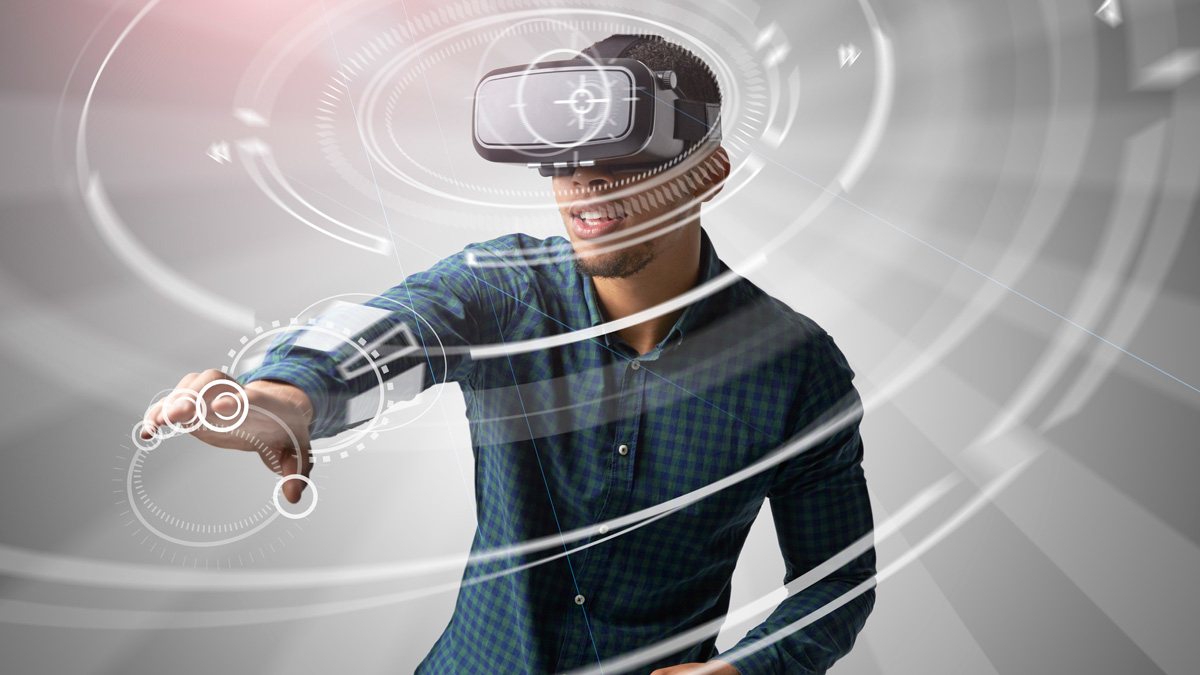Game-based therapies and the attraction of engaging patients

Ensuring that patients remain consistent with their therapies is one of the major challenges facing healthcare, so what if you could make treatment a game? That’s the potential behind game-based digital therapeutics and it’s drawing a lot of interest, finds Ben Hargreaves.
The impact of video games on modern culture can be felt by even those that have little or no interest in them. The ‘gamification’ of website design, app development, investment platforms, or just about any activity that exists on the internet, will contain examples of how this strategy maintains user engagement. The popularity of video games themselves has led to the industry being valued at approximately $300 billion in 2021 and this is expected to continue to grow into the future.
The commercial achievement of a video game can be the result of a number of factors, but a successful one will hold user’s attention, and for an extended period of time. Due to this, there has been a growth of interest in using this potential for engagement to develop game-based therapeutics. Across the healthcare industry, the challenge of patient adherence is often discussed and game-based therapeutics could provide a solution to this particular problem – by providing a therapy that treats a patient’s condition whilst also being entertaining.
It’s in the game
The first approval of a game-based digital therapeutic occurred in June 2020. The therapy was created by Akili and is called EndeavorRx. It is indicated to improve attention function as measured by computer-based testing in children aged 8 to 12 years old with primarily inattentive or combined-type ADHD who have demonstrated an attention issue. EndeavorRx presents sensory stimuli and simultaneous motor challenges, through the platform of a video game, to target neural systems in the brain related to the control of attention.
As the field is still so young, the number of use cases being explored is limited to the amount of research being carried out. However, even at this early stage, there is a focus on neurological conditions, such as ADHD, addiction and depression, while other areas include the potential to encourage physical rehabilitation at the patient’s own home. One example of the potential for the latter indication is in people who have suffered a stroke and require physiotherapy, which can be supplied by a game-based tool – with one potential benefit being reduced need for support from a therapist.
There are hopes that video games could also provide a diagnostic function to help researchers and clinicians identify sensory, motor or cognitive impacts of certain injuries and diseases. In other areas, it could be possible to proactively diagnose conditions such as ADHD or depression. One company, Thymiam, is providing a diagnostic tool for depression through the use of a game-based assessment tool, in combination with a clinician, to assess an individual for potential mental health issues.
Adding a unique clinical tool
The appeal of developing game-based therapeutics shares many similarities with digital therapeutics in general. Broadly, this means that they can offer great convenience to patients, be more likely to improve adherence, allow for direct feedback to healthcare professionals, and allow patients to be in control of their own health. An added benefit for game-based therapies is that part of the goal in the development process is for the tools to be entertaining, which means that not only can the therapies provide health benefits, but they can also become a welcome part of an individual’s health regime.
Although this may seem a minor advantage, the issue of patient adherence is one that is a serious issue for the healthcare industry and payers, with the cost of non-adherence estimated to be over $100 billion per year in the US alone. As well as game-based therapies effectively engaging patients, due to their digital nature, they can also actively tailor themselves to the needs of the individual. Akili’s EndeavorRx is designed to adapt to the patient’s progress, which the company states allows the tool to “address the patient’s unique attention deficits.”
Aside from the benefits that are brought to the patient when using the therapy, the digital therapeutics offer advantages compared with some conventional therapies. A recent study found that a game-based therapy led to improved outcomes for patients similar to a form of in-person therapy, while only requiring one-fifth of the therapist’s hours. The same was also true for the patients involved in the study, with one benefit being reduced travel time for the patient. Rachel Proffitt, assistant professor in the MU School of Health Professions, noted the time-intensity of usual practice: “As an occupational therapist, I have seen patients from rural areas drive more than an hour to come to an in-person clinic three to four days a week, where the rehab is very intensive, taking three to four hours per session, and the therapist must be there the whole time.”
Clinical development is no game
The development of game-based therapies sees an intersection of expertise in both video game design and digital therapeutic creation. For a game-based therapy developer, such as Akili, this means developing an engaging platform with the lessons learnt from the video game industry, leading to the company’s recent appointment of Jon David as chief product officer, who had previously worked on the video games Bejeweled and Plants vs. Zombies.
Alongside product development, companies working on game-based therapeutics require a lengthy clinical development cycle, where the product can prove its efficacy in a classical clinical environment. Akili needed to carry out five clinical trials to prove the efficacy of the EndeavorRx treatment to the US FDA, with the trials including more than 600 children.
For another company in the area, Mindmaze, which provides neuro-rehabilitation systems for patients living with a range of neurological conditions, this means clearing its range of motion analytics with the FDA for use as part of its digital therapeutics. The company received approval for its gamified VR rehab platform, MindMotion Pro, in 2017 and its follow up MindMotion Go in 2018 – the latter requiring 300 patient trials prior to approval.
The success being seen by the early movers in the field has only encouraged further potential researchers to begin work in the space. According to research by IQVIA, the last 14 years had seen more than 2,000 clinical studies being published in the digital therapeutics space. However, just the previous five of those years accounts for almost 1,500 of those studies. Likewise, investment in the space has grown by an average of 40% per year over the past seven years. Video games’ ability to hold patient’s attention has attracted the attention of companies and investment, a combination that is likely to see many more game-based therapeutics enter the market in the years to come.












